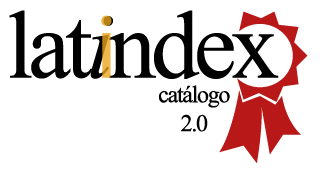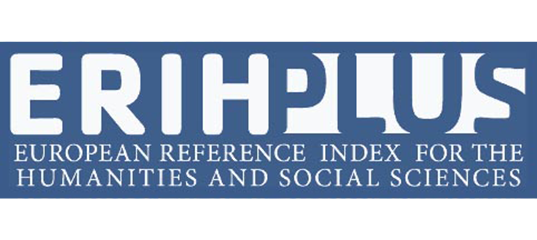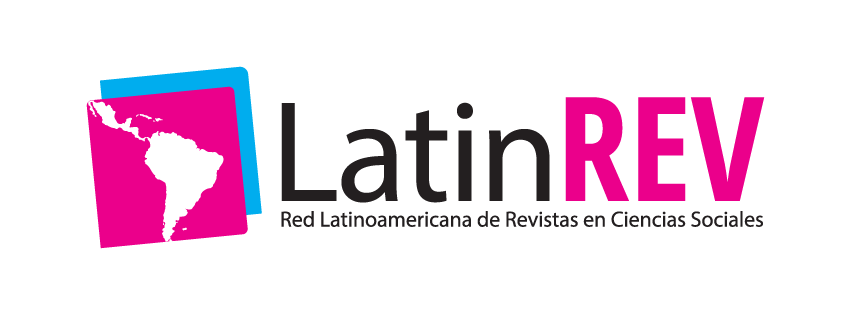Disruptive technologies to strengthen the tax culture and tax declaration in ASOTOURS, Machalilla
DOI:
https://doi.org/10.46480/esj.9.1.195Keywords:
Disruptive technologies, tax culture, tax declaration, training, tax complianceAbstract
Context: This article aims to implement disruptive technologies to strengthen tax culture and tax declaration in ASOTOURS, Machalilla, recognizing the need for innovation in fiscal practices. Methodology: A mixed approach was used, applying surveys and interviews to diagnose the current situation of ASOTOURS, Machalilla regarding taxation and tax culture, identifying deficiencies and opportunities for improvement. Results: The diagnosis revealed a lack of willingness in tax compliance and deficiencies in training on tax culture in ASOTOURS. There was evidence of lack of skills to use technology in tax contexts, although employees continuously monitor the status of tax auditing. Improvement of skills when using technology for tax submission was also observed. Conclusions: Based on the findings, the use of innovative technologies in fiscal practices is proposed to drive the digital transformation required by Ecuador and specifically the Machalilla region.
Downloads
References
Alm, J., & Torgler, B. (2019). Culture and tax compliance: A review of the literature. Journal of Economic Surveys, 33 (3), 811-829.
Bahl, R., & Martinez-Vazquez, J. (2020). The role of tax educa-tion in improving tax compliance. International Tax and Public Finance, 27 (3), 757-781.
Bennett, A., Smith, J., & Johnson, L. (2020). Impact of disrup-tive technologies on tax compliance. Journal of Taxation and Regulation, 34 (2), 123-145.
Comisión Europea. (2021). Digitalization of taxation: Oppor-tunities and challenges. European Commission Report.
Cruz, E., & Rojas, M. (2021). Mobile applications for tax decla-ration: A new era for small businesses. Journal of Business Research, 112 (5), 400-410.
García, M., & Martínez, R. (2021). Digital tools for enhancing tax culture in tourism. Tourism Management, 45(1), 67-78.
González, R., Pérez, D., & Ortega, J. (2022). Cloud-based tax management systems: Efficiency gains for small enterprises. Journal of Accounting and Taxation, 14 (2), 89-102.
López, T., & Fernández, P. (2022). Artificial intelligence in tax education: A case study. International Journal of Public Administration, 39 (3), 245-258.
Martínez, A., Pérez, S., & López, C. (2023). Measuring the im-pact of technology on tax culture. Journal of Taxation Re-search, 27 (1), 45-66.
Morales, J., González, A., & Ruiz, F. (2023). Big data and its role in tax compliance. Journal of Financial Compliance, 18 (4), 301-312.
OECD. (2020). Tax administration 2020: Comparative infor-mation on OECD and other advanced and emerging economies. OECD Publishing.
Ramírez, L., & Soto, J. (2020). Training programs for tax compli-ance in the digital age. Journal of Educational Technology, 29 (6), 567-580.
Sánchez, R., & Pérez, M. (2021). Evaluating tax compliance indicators in digital platforms. International Journal of Tax Studies, 22(3), 201-215.
Slemrod, J., & Weber, C. (2019). Evidence of the effect of taxpayer education on compliance. National Tax Journal, 72(3), 421-442.
Downloads
Published
Issue
Section
License
Copyright (c) 2025 Odalys Yelisbeth Pachay Anchundia, Jhon Jairo Silva Gorozabel, Erick Raúl Baque Sánchez

This work is licensed under a Creative Commons Attribution-NonCommercial-NoDerivatives 4.0 International License.
Authors retain the copyright of their articles and are therefore free to share, copy, distribute, perform, and publicly communicate their work on their personal websites or in institutional repositories after its publication in this journal, provided that full bibliographic information is given to acknowledge its original publication.































